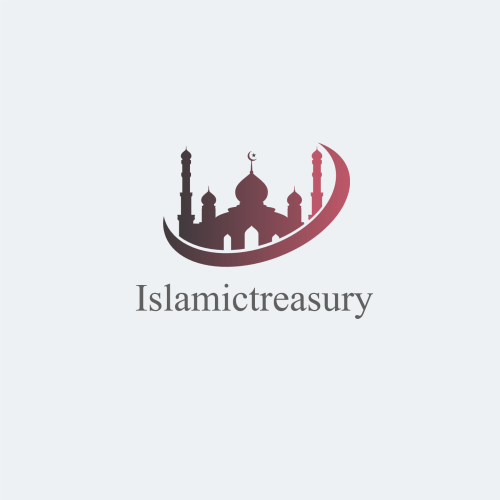Introduction to the Islamic Economic System
The Islamic economic system is an amalgamation of principles derived from Islamic teachings that govern economic activities. Rooted in the fundamental precepts of Shariah, or Islamic law, it aims to create a framework that aligns economic practices with ethical and moral guidelines set forth in the Quran and Hadith. Shariah underscores the importance of justice, transparency, and fairness in all economic transactions.
One of the cornerstone principles of the Islamic economic system is the prohibition of Riba, commonly understood as interest. Riba is seen as exploitative, enabling wealth accumulation without corresponding effort or risk, which contradicts the values of fairness and equity central to Islam. The system encourages risk-sharing and equitability through financial instruments like Mudarabah (profit-sharing) and Musharakah (joint venture), ensuring that both profit and loss are shared among parties.
Additionally, the Islamic economic system places significant emphasis on the ethical and moral dimensions of economic activities. This includes principles such as Zakat (mandatory almsgiving), which functions as a mechanism for wealth redistribution and poverty alleviation, and Gharar (excessive uncertainty), which is avoided to ensure clear and unambiguous transactions. These elements collectively work towards socio-economic justice, aiming to mitigate disparity and foster the overall welfare of the community.
In essence, the Islamic economic system promotes an inclusive and sustainable economic environment. By aligning economic activities with spiritual values, it seeks to foster a harmonious balance between material pursuits and moral obligations. This approach not only aspires for equitable wealth distribution but also strives to enhance the welfare and prosperity of society at large.
Key Components and Operational Mechanisms
The Islamic economic system is characterized by a range of distinctive components and operational mechanisms that together aim to create a balanced, equitable, and just economic environment. Key among these are the principles of Zakat, Halal investments, and risk-sharing models such as Mudarabah and Musharakah. Each of these elements contributes uniquely to the overall functioning of the system, ensuring it aligns with Islamic ethical standards.
Zakat, a fundamental concept in Islam, refers to the mandatory charitable giving that every financially capable Muslim is required to perform. It is typically calculated as 2.5% of an individual’s savings and wealth above a certain threshold. This system of redistributive justice helps alleviate poverty and reduces inequality within the community by channeling resources from the affluent to the needy, thus promoting a more balanced socio-economic structure.
Halal investments are another cornerstone of the Islamic economic system. Investments in sectors such as alcohol, gambling, and pork products, which are considered haram (forbidden), are strictly prohibited. Instead, investments are directed towards Halal avenues that comply with Sharia laws. This emphasis ensures that economic activities align with moral and ethical considerations, fostering a sense of ethical responsibility towards society.
Furthermore, risk-sharing models such as Mudarabah and Musharakah play a central role in Islamic finance. Mudarabah is a profit-sharing contract where one party provides the capital while the other offers expertise and management. Profits from the venture are shared according to a predetermined ratio, while losses are borne solely by the investor. Similarly, Musharakah is a joint venture model where all partners contribute capital and share in the profits and losses proportionally. These models encourage collaboration, mutual trust, and risk mitigation.
Contemporary financial institutions and markets have successfully integrated these Islamic economic principles. For instance, Islamic banks worldwide operate based on these principles, offering Halal financial products and services such as Sukuk (Islamic bonds), Takaful (Islamic insurance), and Sharia-compliant mutual funds. These institutions not only provide viable alternatives to conventional financial systems but also cater to the ethical considerations of Muslim investors globally.
